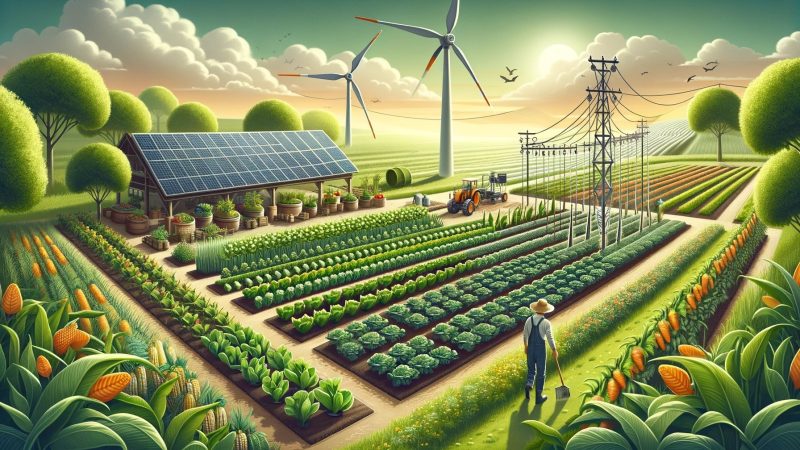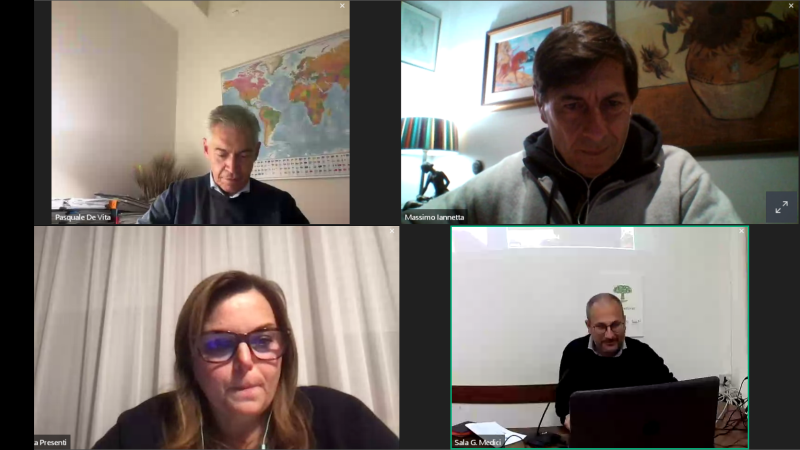The Role of Innovation Brokers in Agricultural Innovation Systems
“Innovation brokers” are persons or organizations that, from a relatively impartial third-party position, purposefully catalyze innovation through bringing together actors and facilitating their interaction. Innovation brokering expands the role of agricultural extension from that of a one-to-one intermediary between research and farmers to that of an intermediary that creates and facilitates many-to-many relationships. As an organization and function, innovation brokering differs from traditional extension and R&D because it represents the institutionalization of the facilitation role, with a broad systemic, multiactor, innovation systems perspective.
Preliminary lessons from experience are that innovation brokers help build synergy in agricultural innovation systems, but their “behind-the-scenes” mode of operating conceals their impact and may limit financial support for their role. Their contributions to building capacity for collective innovation and preventing innovation-system failures offer a rationalefor public investment in their activities, but such investments must be accompanied by improved methods for measuring the impact of innovation brokering. As “honest brokers,” innovation brokers need considerable room to maneuver in building and facilitating networks from a credible position. Given that countries may have different cultures of collaboration and different stages of innovation system development (with corresponding system imperfections), a context-specific design is required for innovation brokers to attain a credible position…







Un pensiero su “The Role of Innovation Brokers in Agricultural Innovation Systems”